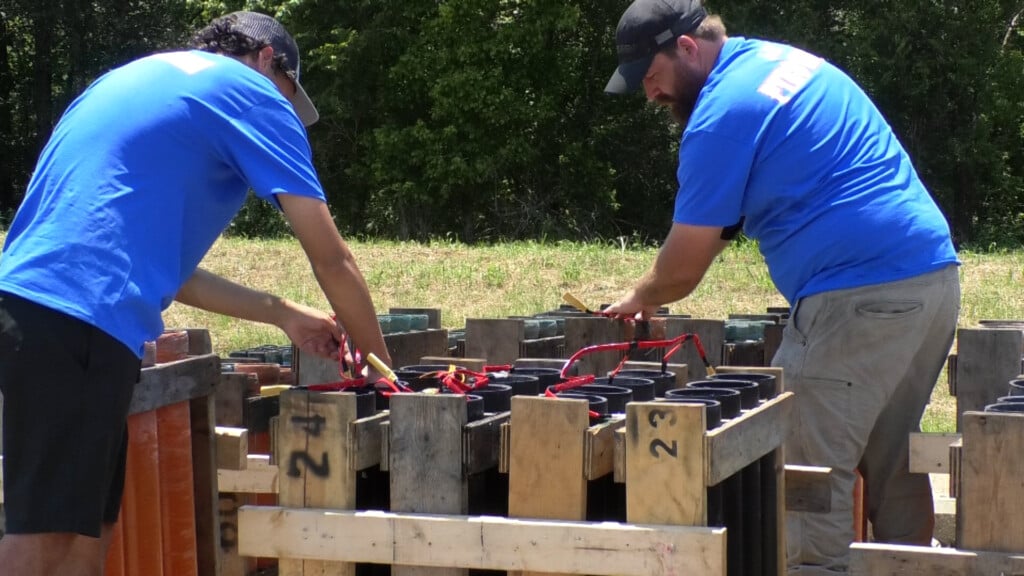Farmer’s search for guidance at crop short course
STARKVILLE, Miss. (WCBI)- Nationwide farmers are facing struggles that stunt the growth of their crop and how much they harvest.
The MSU Extension Service’s “The Row Crop Short Course” is answering some of their concerns.
This course was initially just for cotton farmers, but as growers expanded their crops, more problems came up and farmers needed answers.
That’s when this course took a turn.
“We saw the need that we needed to expand the meeting to more than just cotton,” said Angus Catchot.
And when this course started to expand on more topics, more questions emerged.
One specific problem came up more than others, resistance.
“We have learned how to manage these resistance problems with different variety selection, chemical pesticides selection, and different things that we know that can help us on our bottom line,” said Tucker Miller.
Industry leaders say whether it’s herbicide resistance or insecticide resistance, fighting pests is an evolving tactic.
And the MSU Agriculture Department is constantly addressing year-to-year struggles.
“We design our program around the questions that we got during the summer,” said Catchot. “And we try to provide them answers and solutions to those questions in case they face them in the upcoming year.”
These answers are putting money back in farmers’ pocketbook.
“If I can give a consultant or Farmer a tip, that might save them ten dollars an acre,” said Catchot. “And if they farm you know 5000 acres the math adds up really quick, and that’s the kind of information we’re trying to provide them to keep them in business and remain profitable.”
Cotton farmers have made a profit over the past six years.
“Our yields have gone up in a lot of ways due to this conference,” said Miller.
Researchers are giving farmers power with knowledge. If they know what type of crop grows better and where, farmers can make more money.
“Picking a variety is very important,” said Miller. “Some varieties will yield more, some are cheaper to manage, whether it be growth regulators or insecticides. We look at all of this information that our researchers have gathered for us and we implement that in our plan.”





Leave a Reply